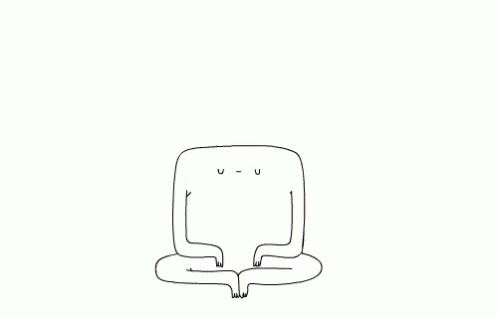Our thoughts have a great impact on how we feel and how we behave.
Everyone falls into cognitive distortions on occasion. It's part of the human experience. This happens particularly when we're feeling down.
A cognitive distortion — and there are many — is an exaggerated pattern of thought that's not based on facts. It consequently leads you to view things more negatively than they really are.
In other words, cognitive distortions are your mind convincing you to believe negative things about yourself and your world that are not necessarily true.
But if you engage too frequently in them, your mental health can take a hit.
When you treat these negative thoughts as facts, you may see yourself and act in a way based on faulty assumptions. This could contribute to mental health conditions such as depression and anxiety.
Reversing cognitive distortions is often at the heart of cognitive behavioral therapy (CBT), among other types of psychotherapy.
You can learn to identify cognitive distortions so that you'll know when your mind is playing tricks on you. Then you can reframe and redirect your thoughts so that they have less of a negative impact on your mood and behaviors.
In 1976, psychologist Aaron Beck proposed the theory behind cognitive distortions, and in the 1980s, David Burns popularized it with common names and examples.
Cognitive Distortions:
- ALL OR NOTHING THINKING: You see things in black and white categories. If your performance falls short of perfect, you see yourself as a total failure.
- OVERGENERALIZATION: You see a single negative event as a never ending pattern of defeat.
- MENTAL FILTER: You pick out a single negative detail and dwell on it exclusively so that your vision of all reality becomes darkened, like the drop of ink that discolors the entire beaker of water.
- DISQUALIFYING THE POSITIVE: You reject positive experiences by insisting they "don't count" for some reason or another. In this way you can maintain a negative belief that is contradicted by your everyday experiences.
- JUMPING TO CONCLUSIONS: You make a negative interpretation even though there are no definite facts that convincingly support your conclusion. (a)Mind Reading: You arbitrarily conclude that someone is reacting negatively to you, and you don't bother to check this out. (b)The Fortune Teller Error: You anticipate that things will turn out badly, and you feel convinced that your prediction is an already established fact.
- Magnification (Catastrophizing) Or Minimization: You exaggerate the importance of things (such as your goof up or someone else's achievement) or you inappropriately shrink things until they appear tiny (your own desirable qualities or the other fellow's imperfections). This is also called the "binocular trick".
- Emotional Reasoning: You assume that your negative emotions necessarily reflect the way things really are : "I feel it, therefore it must be true.
- Should Statements: You try to motivate yourself with shoulds and shouldn'ts, as if you had to be punished before you could be expected to do anything. "Musts" and "oughts" are also offenders. The emotional consequence is guilt. When you direct your 'should' statements toward others, you feel anger, frustration, and resentment.
- Labeling And Mislabeling: This is an extreme form of overgeneralization. Instead of describing your error, you attach a negative label to yourself: "I'm a loser." When someone else's behaviour rubs you the wrong way, you attach a negative label to him: "He's such a loser" Mislabeling involves describing an event with language that is highly colored and emotionally loaded.
- Personalization: You see yourself as the cause of some negative external event which in fact you were not primarily responsible for.
How to stop cognitive distortions?
Most irrational patterns of thought can be reversed once you're aware of them. This applies to negative thinking, too.
Still, cognitive distortions sometimes go hand in hand with mental health conditions, such as personality disorders. This makes it more challenging to reframe.
Reaching out to a mental health professional can help if you feel the process is too overwhelming. Meanwhile, try to remember that it's not the events but your thoughts that upset you in many instances. You might not be able to change the events, but you can work on redirecting your thoughts.
Beginning with small changes can be helpful.
I hope this information helped you.
By,
Sheena George.



No comments:
Post a Comment